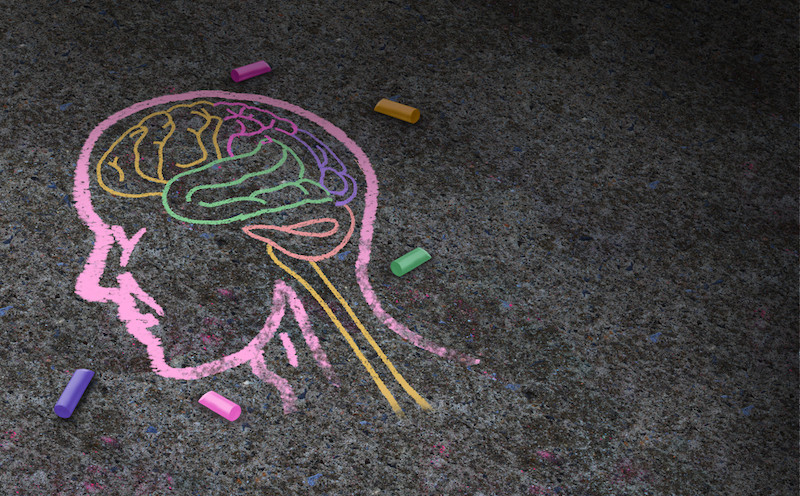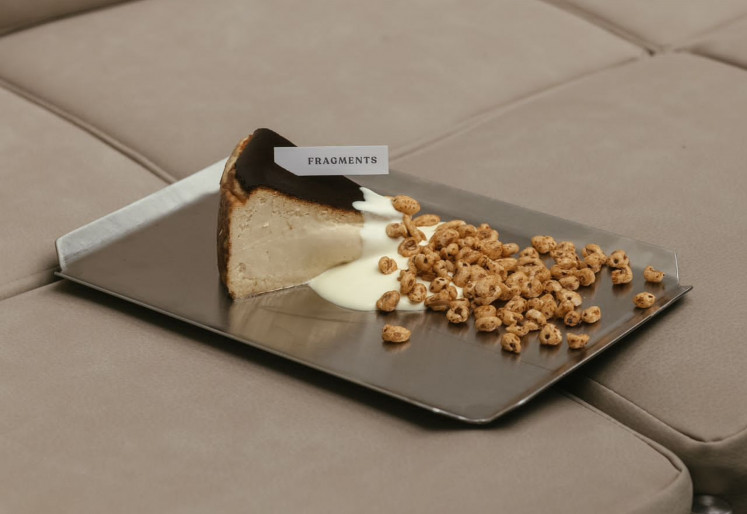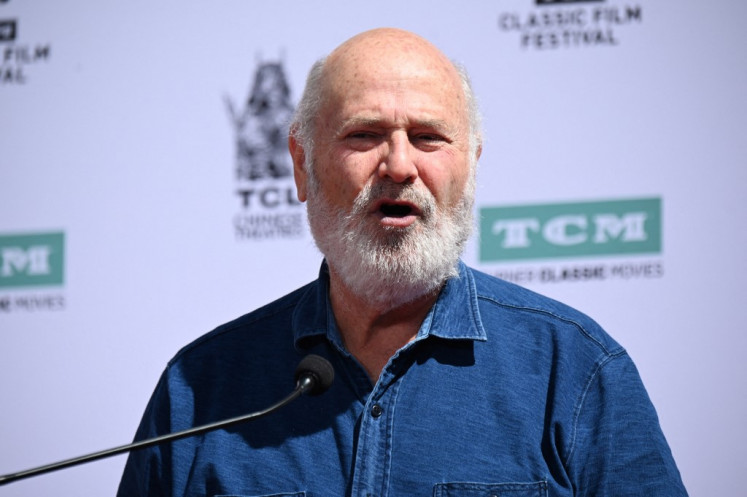Popular Reads
Top Results
Can't find what you're looking for?
View all search resultsPopular Reads
Top Results
Can't find what you're looking for?
View all search resultsHow VR helps kids with autism make sense of real world
Change text size
Gift Premium Articles
to Anyone
A
specialist care facility in England is using virtual reality (VR) headsets and data mining to help children with autism to acclimatize to scenarios they are likely to encounter outside of school.
Staff at Prior's Court, located in Berkshire, southern England, hope the high-tech approach helps students adapt to the real world and enjoy new experiences such as virtual skiing or deep-sea diving.
People with autism may find unfamiliar situations stressful.
The VR scenarios introduce children to situations like visiting a shopping mall or getting on an aircraft without leaving the comfort and safety of their classroom.
Watch our interview with @StuartMcDill of @ReutersUK who came to #PriorsCourt see our young people use #VR first hand & to also find out more about our exciting #bigdata project, Prior Insight. #AutismAwareness #AutismTech #TechForGood https://t.co/VXsc8iwsIP
— Prior's Court (@PriorsCourt) January 23, 2020
"Our young people, they have difficulties with sensory issues so they can find it overwhelming going to very busy places or transitioning to a new place," Nuno Guerreiro, computing teacher at Prior's Court School told Reuters.
"They like what is familiar, they like their routine. So the VR sets allow them to experience new realities and probably help them transition when they have to face a new place."
Read also: 'Colors of My World' exhibition features work of painters with autism
Prior's Court cares for around 95 young people at the severe end of the autism spectrum, including many who are non-verbal and are unable to communicate their needs.
The charity is also hoping big data can help. They are trialling a new data collection system, called Prior Insight, that will gather a detailed picture of each young person's day, including what they've eaten, how much exercise they have had and how they are behaving.
"That information looks at things like incidents; seizure activity, food and drink input, toiletry input, personal care, any activities they've done, and any sleep data," project leader Elaine Hudgell said.
"We're hoping to not only increase our knowledge and awareness about the world of young people with autism at Prior's Court, but we're also hoping to be able to in time share that with the wider autism world," Hudgell added.











